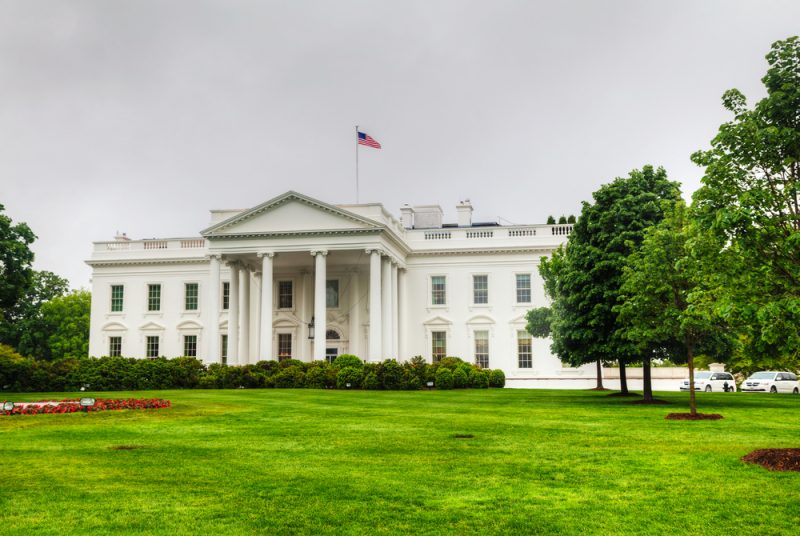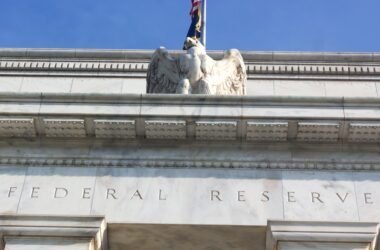The Biden rule has just published its first-ever guideline for virtual currency regulation in the United States, outlining how the financial services sector should develop to facilitate seamless money transfers and how to combat malpractice in the virtual currency environment.
Furthermore, the innovative directives leverage the power of established regulatory bodies such as the Securities & Exchange Board and the CFTC, but no mandates have been issued as of yet. However, the long-awaited position from Washington has piqued the interest of both the cryptocurrency community as a whole — and stockholders in this emerging asset category.
The regulations follow an executive order published by President Joe Biden in March, in which he directed government agencies to investigate the dangers and advantages of digital currencies and submit official figures on their research results.
State agencies have been collaborating for six months to formulate their own structures and policy recommendations to deal with the executive order’s half-dozen objectives, which include investor and consumer safeguards, endorsing economic stability, combating unlawful finance, US leadership in the international economic market, and international prosperity, inclusive growth, and liable advancement. These guidelines constitute the first whole-of-government method of industry regulation.
According to Brian Deese, head of the National Finance Committee, and national security consultant Jake Sullivan, the novel policies are intended to locate the nation as a pioneer in the governance of the virtual currency environment both at domestic and international levels.
The following are some key learnings from the White House’s cryptocurrency guideline.
Combating Illegal Financial Activities
One segment of the White House’s novel digital currencies regulatory framework concentrates on curbing unlawful behavior in the industry — and the new proposals seem to have real bite.
Per a White House fact sheet, the President should consider whether to request that Congress modify the Bank Secrecy Act, anti-tip-off statutory law, and regulations against unregistered funds transferring to implement overtly to virtual currency service providers — which include virtual currency exchanges and nonfungible token (NFT) systems.
The president is also considering asking Congress to increase the sanctions for unregistered transmission, as well as possibly modifying specific state and federal laws to enable the Department of Justice to criminalize virtual currency offenses in any territory where a complainant of those offenses can be found.
In terms of the next steps, the fact sheet states that Treasury may finalize a fraudulent financial risk analysis on decentralized financial services by the end of February 2023 and an evaluation on NFTs by July next year
The virtual currency industry is rampant with crime. According to a Federal Trade Commission investigation, more than $1 billion in cryptocurrency has already been lost to theft since the beginning of last year.
A Novel Virtual Dollar
The framework also mentions the possibility of substantial advantages from a US central bank’s virtual dollar, or CBDC, which can be thought of as a digital version of the US dollar.
There are various kinds of digital US dollars available at the moment.
Digital US dollars are held in commercial checking accounts all across the nation and are partly endorsed by reserves under a tool named fractional-reserve banking. As the title suggests, the bank keeps a portion of its liquid assets in reserves. This type of money is transferred from one financial institution to a different one or from one nation to another via legacy financial tracks.
There are also several USD-pegged crypto assets available, such as Tether and USD Coin. Despite some who have queried whether Tether has sufficient cash reserves to support its monetary system, it continues to remain the world’s biggest stablecoin. USD Coin is endorsed by completely protected assets, is refundable for US dollars 1:1, and is managed by Centre, a conglomerate of licensed financial institutions. It is also relatively simple to use regardless of location.
Then there’s the speculative digital dollar, which would be the Federal Reserve’s version of a CBDC. This would primarily be a virtual twin of the US dollar: completely regulated, governed by a centralized authority, and backed by the country’s central bank.
The Bottom Line
The regulation of cryptocurrency could prove to be an extremely big deal. It could completely change the way virtual currencies function. Exactly how it could affect the industry remains to be seen.
WeInvests is a financial portal-based research agency. We do our utmost best to offer reliable and unbiased information about crypto, finance, trading and stocks. However, we do not offer financial advice and users should always carry out their own research.
Read More













